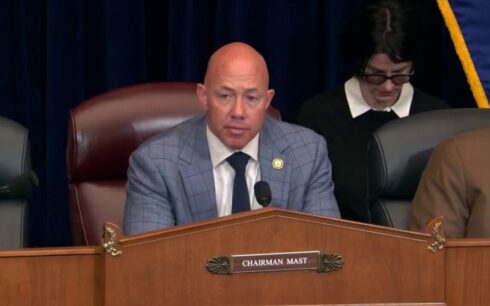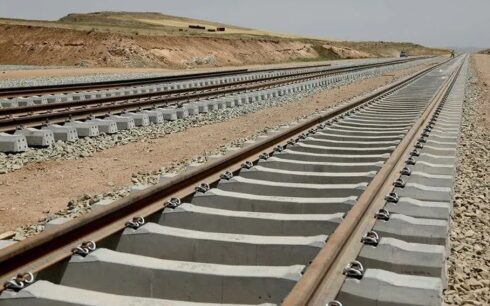An analysis published by Eurasia Review suggests that while the Taliban have been “very effective” as insurgents, they have struggled to govern effectively since regaining power in August 2021. The analysis, written by American author Luke Coffey, highlights the severe impact of the Taliban’s governance on Afghanistan’s population.
“Since the Taliban took back power in August 2021, Afghanistan has been on a downward spiral. Basic medical supplies are in short supply. Millions of people are affected by food insecurity,” Coffey noted. He attributed these issues to the lack of good governance and economic development.
The analysis also pointed out that divisions within the Taliban’s leadership have complicated international engagement. “All these factors make formal recognition of the Taliban difficult, if not impossible,” Coffey stated.
Afghan political analyst Toreq Farhadi warned that further destabilization could exacerbate internal divisions within the Taliban. “If the economic-political situation in Afghanistan deteriorates even slightly more than this, the likelihood of splits and transformations within the Taliban will increase,” Farhadi said.
Meanwhile, women’s rights activists and citizens have called on the Taliban to provide basic rights. “Women and girls not only have no place in the Taliban government but they have also been removed from all social structures,” said Rahela Talash, a women’s rights activist. “We have no expectations from the Taliban regarding the status and rights of women.”
Din Mohammad, a resident of Kabul, added, “Afghanistan needs a legitimate and legal government, and we ask the Taliban to provide opportunities for work, education, and schooling for the people of Afghanistan, especially women and girls.”
Nearly three years since their return to power, the Taliban have failed to form an inclusive government or provide basic rights to women and girls, including education, work, and freedom of speech.





